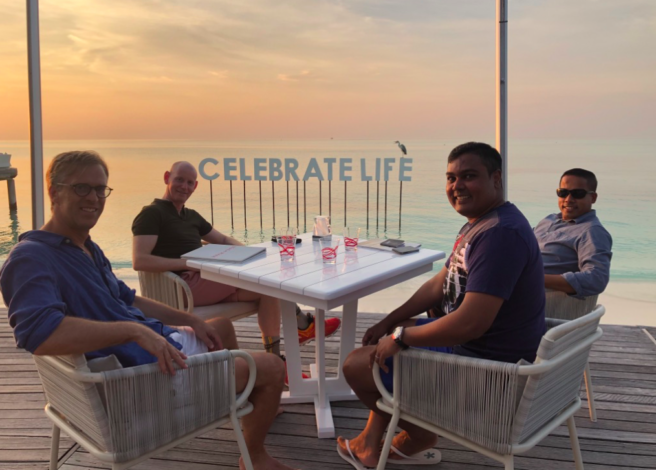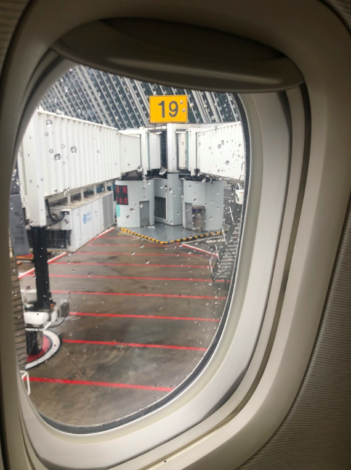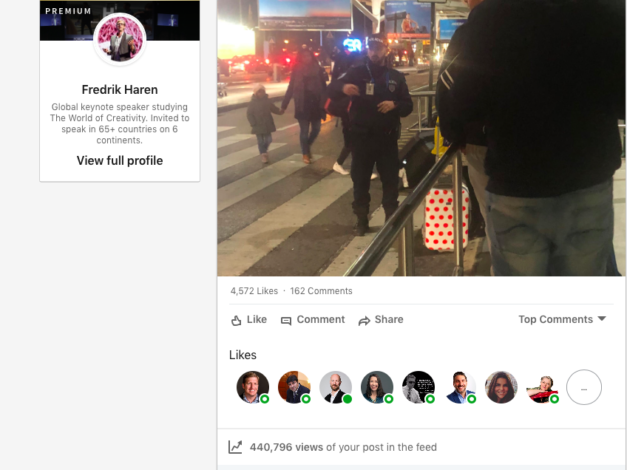
“Speaker Feedback” normally refers to something annoying: a “looped signal” in a audio speaker creating a irritating noise. But for me as a professional speaker “Speaker Feedback” refers to something beautiful: The process of fellow speakers helping to make each other’s speeches better by giving professional feedback.
On Tuesday I spoke at the first ever HR convention in the Maldives. A number of my speaking buddies from APSS (www.AsiaSpeakers.org) also spoke at the same convention. After the convention some of us had booked a holiday stay at the stunning LUX resort and we spent a few moments during that stay to sit down and discuss how our respective speeches could have been improved.
As a matter of fact I spent a total of – at least – three hours giving and receiving feedback on the speeches that we delivered at the convention. That means we spent more time giving feedback on the speeches than they took to deliver!
Now, I am the first to admit that not all speaker feedback session happen in a tropical paradise, but this one did.
And as nice as this paradise island was it is not the setting that is the main point with speaker feedback – it is that fact that you take the time to sit down with fellow speakers who spoke at the same conference that you spoke at so give feedback on how you all can improve.
I am amazed how seldom speakers take the time to do this. Because I know for a fact that you can get some extremely valuable feedback doing this.
So the next time you give a speech at a convention where there are more than just you speaking, make sure you take the time to listen to the other speakers and that you set aside time to give feedback to each other on how you all could have improved on your delivery, content, audience interaction and so on.

